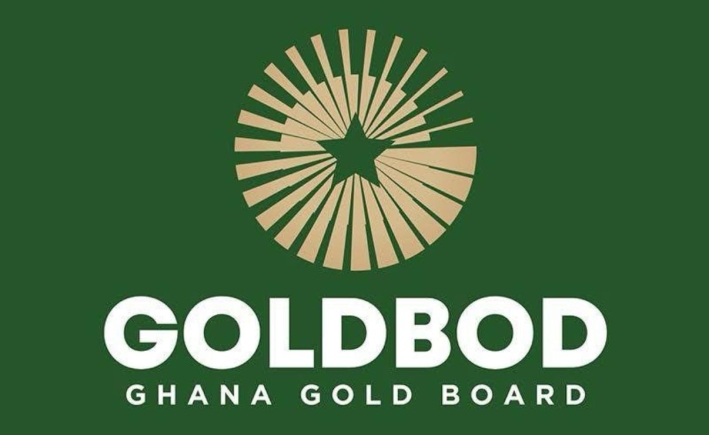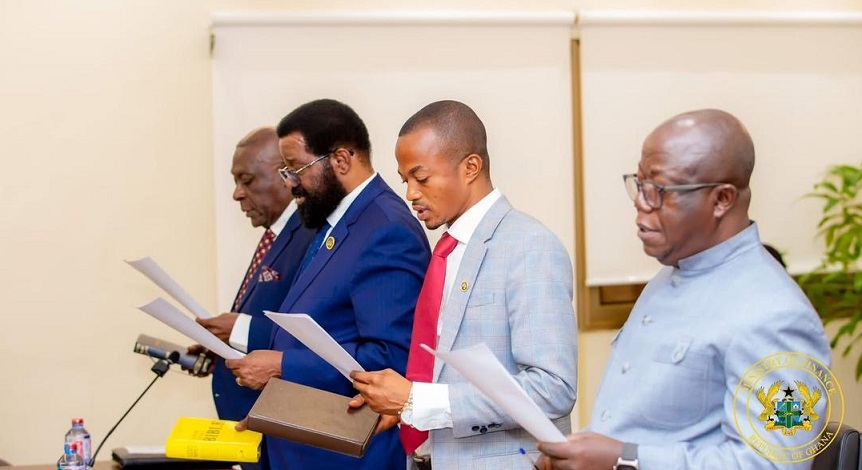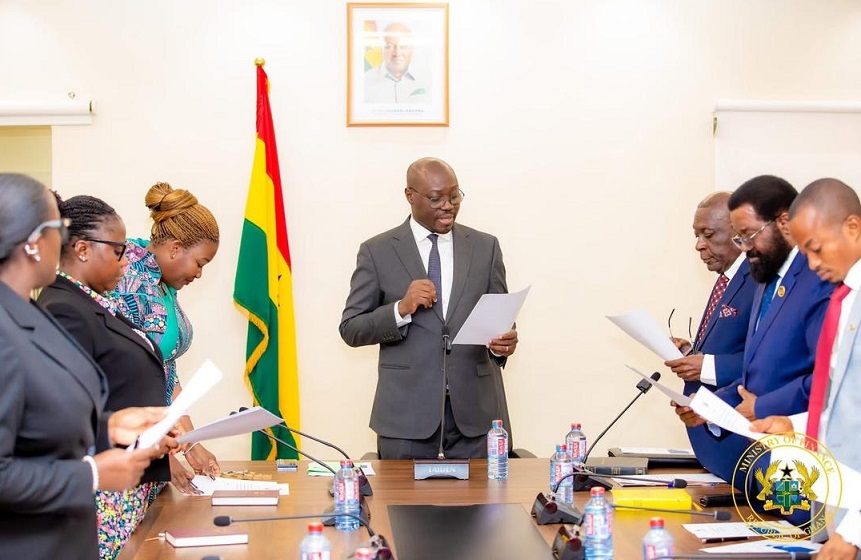Finance Minister Dr. Cassiel Ato Forson has announced that Ghana recorded over $1.1 billion in foreign exchange earnings from the export of more than 11 tonnes of gold, just one month after the full operational rollout of the Ghana Gold Board (Goldbod) initiative.
Addressing the newly inaugurated Board of the Minerals Income Investment Fund (MIIF) in Accra, the Minister described the development as “a major milestone in our efforts to strengthen the cedi, build foreign reserves, and increase local participation in the gold trade.”
According to Dr. Forson, the robust foreign exchange inflows generated through Goldbod’s export tracking and purchase system mark a turning point in Ghana’s efforts to formalize gold trading and reduce its reliance on the US dollar for fuel imports and reserve accumulation.
The success of the Goldbod program is not just fiscal—it has macroeconomic implications.

The Finance Minister emphasized that the initiative is a central part of Ghana’s broader strategy to support the local currency, increase the country’s gold reserves, and promote responsible mining practices across the value chain.
Ghana, Africa’s top gold producer, has long faced challenges with informal gold trading and illicit exports, especially from the artisanal and small-scale mining (ASM) sector.
Goldbod was established to bring transparency, traceability, and formal oversight to the sector, ensuring that every ounce of gold mined benefits the nation’s economy.
“This is a major milestone in our efforts to strengthen the cedi, build reserves, and increase local participation in the gold trade.”
Dr. Cassiel Ato Forson, Finance Minister
Reforms and Conditional Support for MIIF

In the same address, Dr. Forson turned his attention to MIIF—the Minerals Income Investment Fund, which was set up to make strategic investments in the extractive sector using revenues from mineral royalties and income.
“MIIF was created to strategically invest Ghana’s mineral wealth—but between 2019 and 2024, its operations were marred by poor governance and resource mismanagement. That must change.”
Dr. Cassiel Ato Forson, Finance Minister
As a result, the government has taken the decision to reduce financial flows to MIIF until its new Board—led by Mr. Richard Kwame Asante—can demonstrate operational discipline and transparency.
Dr. Forson also outlined a renewed vision for how MIIF should operate under the new administration.
Instead of serving merely as a royalty-collection and passive investor, the Fund is expected to pursue active equity stakes in mining projects and drive deeper Ghanaian participation in the mining economy.
“Ghana must not only mine gold—we must own a stake in it.
“MIIF must pursue significant equity in mining ventures and ensure Ghanaian businesses benefit meaningfully from our natural resources.”
Dr. Cassiel Ato Forson, Finance Minister

This shift aligns with the government’s larger objective of moving from extraction to transformation—developing value-added industries such as gold refining, jewelry manufacturing, and battery-grade mineral processing.
The Finance Minister further revealed plans to ramp up anti-smuggling operations in a bid to curb the persistent leakage of gold from Ghana’s borders.
As Ghana looks to solidify its leadership in Africa’s gold economy, the twin pillars of the Goldbod initiative and a reformed MIIF are expected to play central roles.
The emphasis, according to the Finance Ministry, is not just on maximizing revenue but on ensuring the long-term sustainability and inclusiveness of the sector.
With over $1.1 billion in forex inflows recorded in just one month and more reforms on the horizon, the government is betting that responsible gold governance can be a catalyst for economic stability, industrial growth, and deeper national ownership.
READ ALSO: Access Bank and DHL Sign Agreement to Empower SMEs Across Africa Under AfCFTA




















